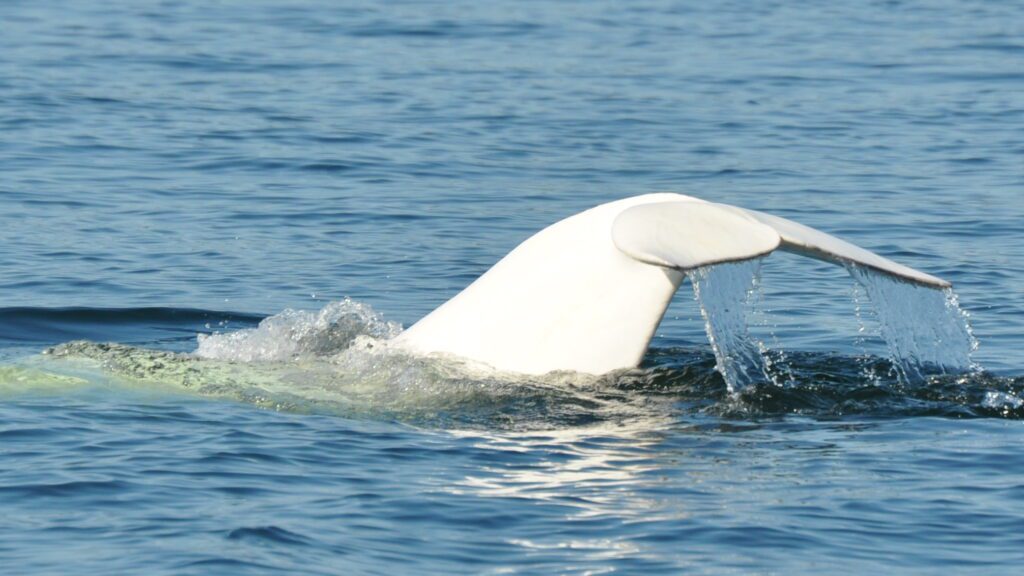Toxoplasmosis Transmitted to Beluga Whales

You’ve probably heard of toxoplasmosis before. It’s a common parasitic disease in cat feces. Toxoplasmosis can lead to lethargy, liver damage, and other forms of sickness. It’s why pregnant women are told to avoid cleaning litter boxes. However, toxoplasmosis has been transmitted to beluga whales–how did we get here?
Toxoplasmosis in beluga whales
To understand how toxoplasmosis in felines has been transmitted to beluga whales, we have to know how the disease is spread and easily passed along to other animals. Feral cats shed the parasite in their feces, which then gets ingested by seabirds, small insects, and marine species. Toxoplasmosis is passed along the food chain until it reaches larger predators like the beluga whale.
Right now, isolated beluga whales in the St. Lawrence Estuary are infected with toxoplasmosis. This is especially critical not only because of the effects it has on these animals’ health, but it has hindered their already endangered population. The parasitic disease has taken the lives of several belugas in the area.
How are we working to solve this problem?
First, we must investigate for traces of the parasite in the food source of the beluga whales. This means gathering fish species ingested by whales. Those findings will provide crucial insights into understanding more about the presence of toxoplasmosis in the St. Lawrence Estuary.
Second, by disseminating the results to local authorities, efforts will go toward teaching the public about toxoplasmosis transmission. Furthermore, this outreach will raise awareness of keeping companion cats indoors and discourage the maintenance of feral cat colonies.
How can I help?
Directly helping wild animals in need isn’t as far-fetched as it seems. While you may not be out in the field collecting samples like some wildlife veterinarians, everyone has a role to play in wildlife health and conservation. You can be a part of something bigger, to keep all animals healthy, with the click of a button by helping fund studies to protect them.
